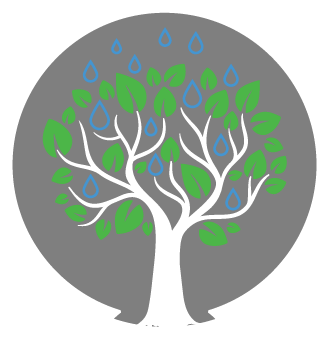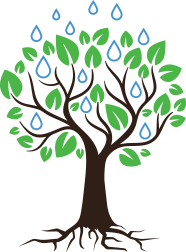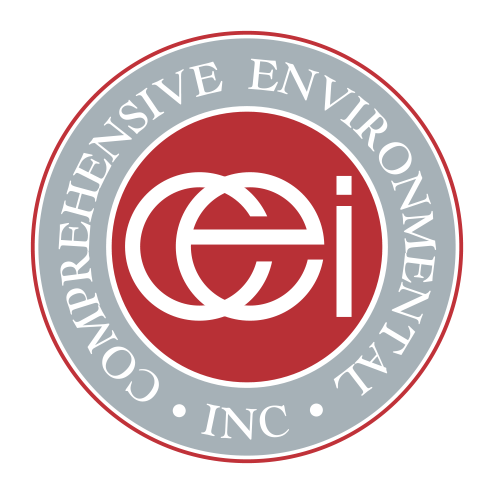- About This Project
- Tree Canopy BMPs
- Model Regulation
-
Hobby Farm BMPs
- Section 1. Introduction To Hobby Farming & Water Quality
- Section 2. Getting Started: Understanding Your Hobby Farm Site
- Section 3. Creating a Stormwater Management Plan For Your Hobby Farm
- Section 4. Nutrient Management For Water Quality
- Section 5. Animal Management For Water Quality
- Section 6. Stormwater Runoff Site Management
- Section 7. Hobby Farm Management & Safety
- Hobby Farm Guidance Survey
- Project Resources
- Contact Us
Section 7. Hobby Farm Management & Safety
The operation, organization, maintenance and management of every hobby farm varies based on its size and primary farming activities. The responsibilities that go into tending a small vegetable garden will often differ from those that have multiple farm animals, pastures and a larger field of crops.
Maintaining an organized and hazard free hobby farm with proper emergency planning can help avoid small problems that can grow into very large headaches and even lead to unsafe situations.
Section 7. Hobby Farm Management & Safety
FACT SHEET 7.1: Integrated Pest Management
FACT SHEET 7.2: Pesticide Use and Water Quality
FACT SHEET 7.3: Reading a Pesticide Label
FACT SHEET 7.4: Pesticide Storage and Disposal
FACT SHEET 7.5: Equipment Safety and Maintenance Basics
FACT SHEET 7.6: Reading Hazardous Material Labels and Safety Data Sheets (SDS)
FACT SHEET 7.7: Hazardous Material Use, Storage and Disposal
FACT SHEET 7.8: Solid Waste Management
FACT SHEET 7.9: Neighbor Relations: Communication
FACT SHEET 7.10: Neighbor Relations: Odor, Dust and Noise Control
FACT SHEET 7.11: Neighbor Relations: Fly, Mosquito and Rodent Control
FACT SHEET 7.13: Emergency Management Plan
CHECKLIST 7A: Hobby Farm Emergency Contact Form
CHECKLIST 7B: Emergency Response Procedures
CHECKLIST 7C: Hobby Farm Inventory



